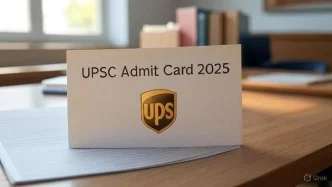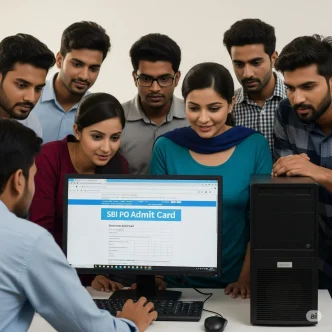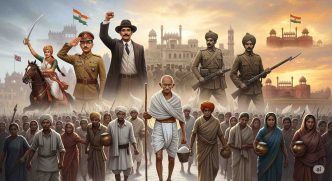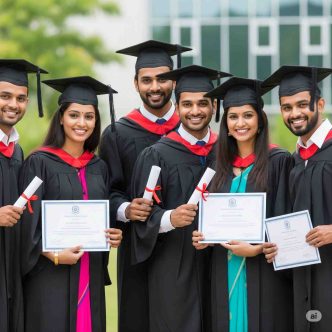- Conducted by: Indian Navy
- Eligibility: 10th pass from a recognized board
- Selection Process: Computer-based exam, Physical Fitness Test (PFT), and Medical Examination
- Level: National
- Official Link: joinindiannavy.gov.in
3.9 Indian Army Soldier (General Duty)
The Indian Army GD exam is one of the most direct competitive exams after 10th for joining the defense forces. It offers a stable government job with national service and long-term benefits.
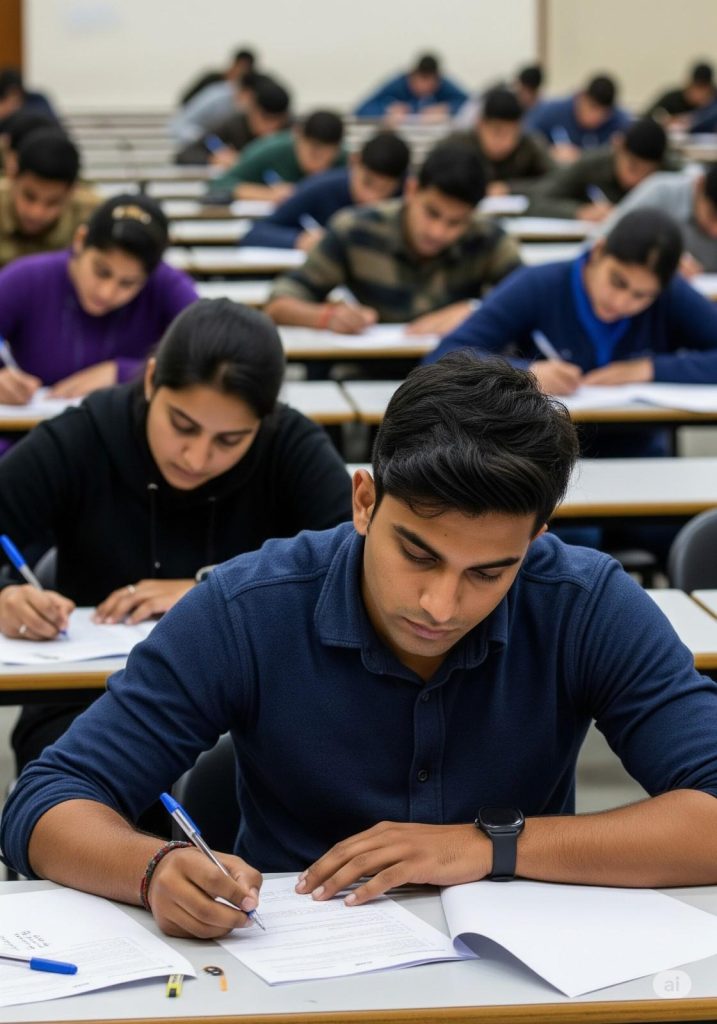
- Conducted by: Indian Army
- Eligibility: 10th pass with at least 45% marks
- Selection Process: Physical Fitness Test, Written Test, Medical Examination
- Level: National
- Official Link: joinindianarmy.nic.in
3.10 Navodaya Vidyalaya Class 11 Lateral Entry Test
This lateral entry test is among the most valuable competitive exams after 10th for rural and meritorious students seeking quality, CBSE-based free education in Jawahar Navodaya Vidyalayas (JNVs).
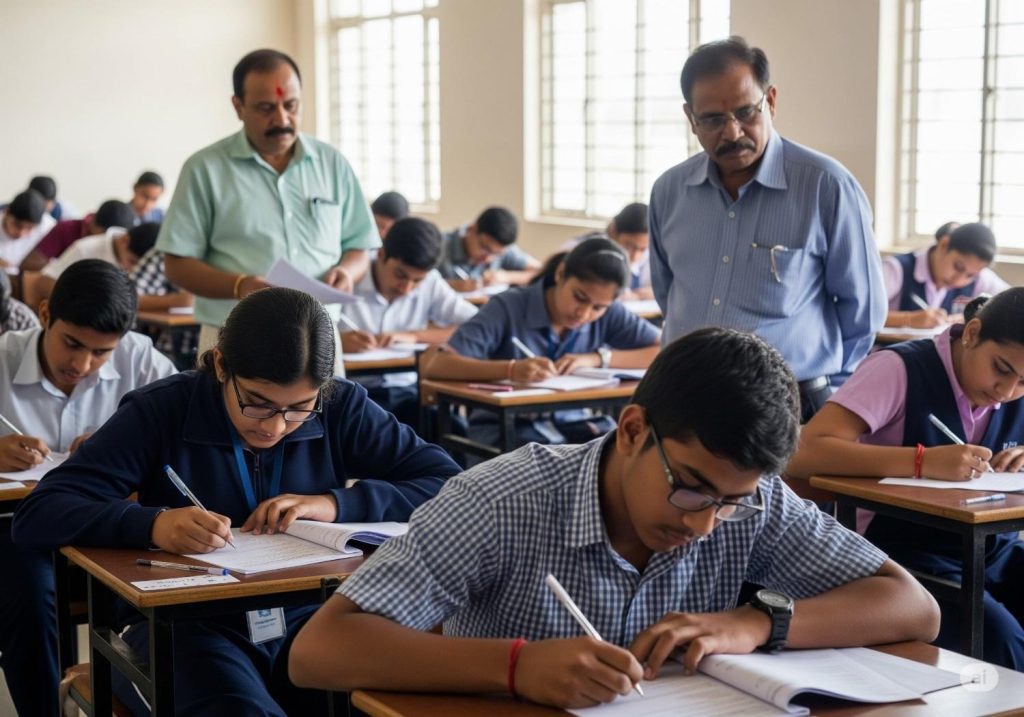
- Conducted by: Navodaya Vidyalaya Samiti (NVS)
- Eligibility: Class 10 pass students from rural areas
- Subjects: English, Mathematics, Science
- Level: National
- Official Link: navodaya.gov.in
How to Choose the Right Competitive Exam After 10th
With so many options available, selecting the right exam after class 10 can feel overwhelming. The best approach is to align your exam choice with your long-term interests and goals.
Start by asking yourself: Do you enjoy theoretical subjects like science and math? Are you more inclined toward hands-on technical work? Or are you drawn to disciplined service roles such as the defense sector?

Here’s how to make the decision easier:
- Identify your interest area: academic (e.g., NTSE), technical (e.g., Polytechnic), or defense (e.g., Indian Army GD).
- Review eligibility and syllabus for each exam before applying.
- Think long term: Consider where each exam might lead in 3–5 years — higher education, job training, or national service.
- Talk to mentors and teachers who know your strengths and can guide you accordingly.
- Research success stories or testimonials from students who have taken these exams before.
Choosing wisely among the many competitive exams after 10th will ensure your efforts are well directed and aligned with a realistic and rewarding future path.
Preparation Tips for Competitive Exams After 10th
Success in competitive exams after 10th requires more than just reading textbooks. It demands a smart, consistent, and well-organized approach. Since most of these exams test aptitude, reasoning, and subject-specific knowledge, you need to build a strong foundation early on.
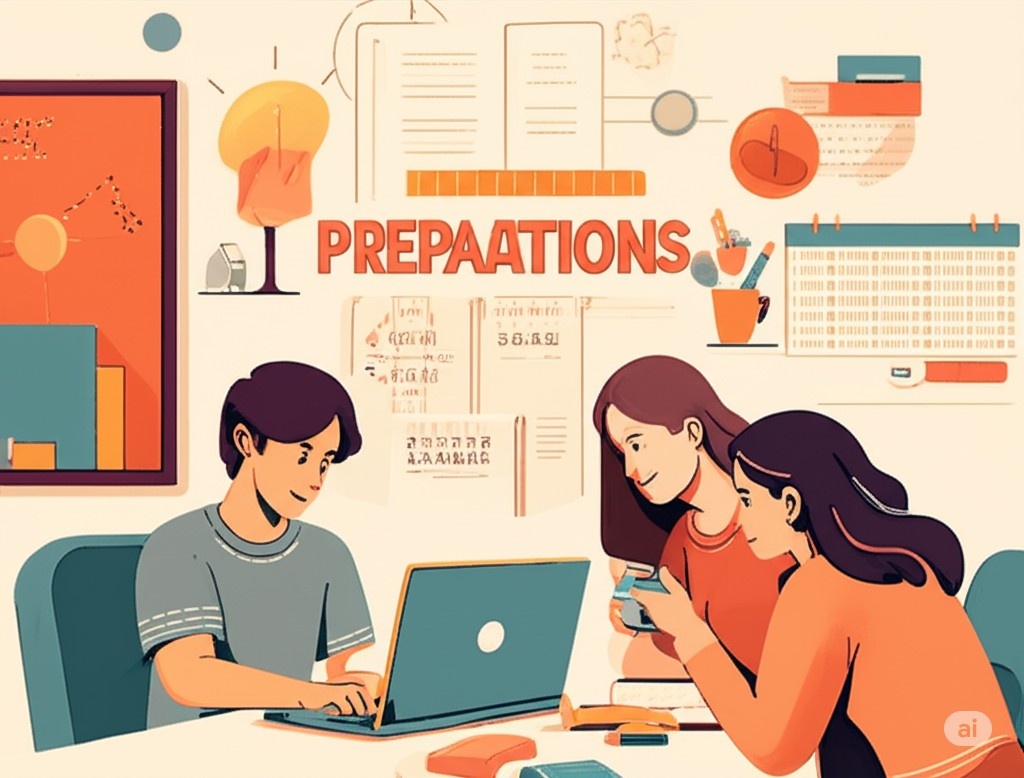
Here are some preparation strategies to keep you focused:
- Create a structured study schedule that allows time for each subject daily.
- Start with NCERT books, especially for NTSE and Olympiads, as many questions are directly based on them.
- Solve previous year question papers to get familiar with exam patterns and improve time management.
- Take mock tests regularly — they help you track progress and build exam-day confidence.
- Use online platforms or test series if coaching isn’t available — many offer free or affordable practice materials.
- Avoid last-minute cramming; prepare steadily over weeks or months.
- Focus on conceptual clarity, not rote memorization.
Being consistent and organized in your preparation will give you a significant edge in any of the top 10 competitive exams after 10th.
Smart Exam Prep Tips for Students After 10th
Success in competitive exams after 10th requires more than just reading textbooks. It demands a smart, consistent, and well-organized approach. Since most of these exams test aptitude, reasoning, and subject-specific knowledge, you need to build a strong foundation early on.

Here are some preparation strategies to keep you focused:
- Create a structured study schedule that allows time for each subject daily.
- Start with NCERT books, especially for NTSE and Olympiads, as many questions are directly based on them.
- Solve previous year question papers to get familiar with exam patterns and improve time management.
- Take mock tests regularly — they help you track progress and build exam-day confidence.
- Use online platforms or test series if coaching isn’t available — many offer free or affordable practice materials.
- Avoid last-minute cramming; prepare steadily over weeks or months.
- Focus on conceptual clarity, not rote memorization.
Being consistent and organized in your preparation will give you a significant edge in any of the top 10 competitive exams after 10th.
Frequently Asked Questions About Competitive Exams After 10th
Q1: Which is the best competitive exam after 10th for scholarships?
NTSE is the most reputed exam offering scholarships up to the postgraduate level.
Q2: Can I apply for government jobs after 10th?
Yes, exams like Indian Army (General Duty) and Indian Navy (MR) are ideal options for 10th-pass candidates.
Q3: Which exam is ideal for a technical career after 10th?
State Polytechnic entrance exams and ITI admission tests are the best for pursuing diploma-based technical careers.
Q4: Can I join military schools after 10th?
Yes, schools like Rashtriya Military Schools and Sainik Schools offer lateral entry into Class 11 through entrance exams.
Q5: Is coaching necessary for these exams?
Not mandatory, but structured preparation through coaching or online platforms can improve your performance significantly.
Final Thought
In today’s fast-evolving world, taking initiative early can make all the difference. Appearing for competitive exams after 10th is not just about gaining scholarships or seats in specialized institutions — it’s about discovering your potential, setting long-term goals, and building a foundation for success.

Each exam listed in this guide offers a unique opportunity. Whether you’re aiming for academic excellence, technical skills, or a career in public service, the right exam can open doors that classroom learning alone may not.
The earlier you start exploring, preparing, and applying, the more confident and focused your journey will be. So choose wisely, prepare with dedication, and take that first big step toward a future you’re proud of.
Your career doesn’t start after graduation — it starts now.
92660



